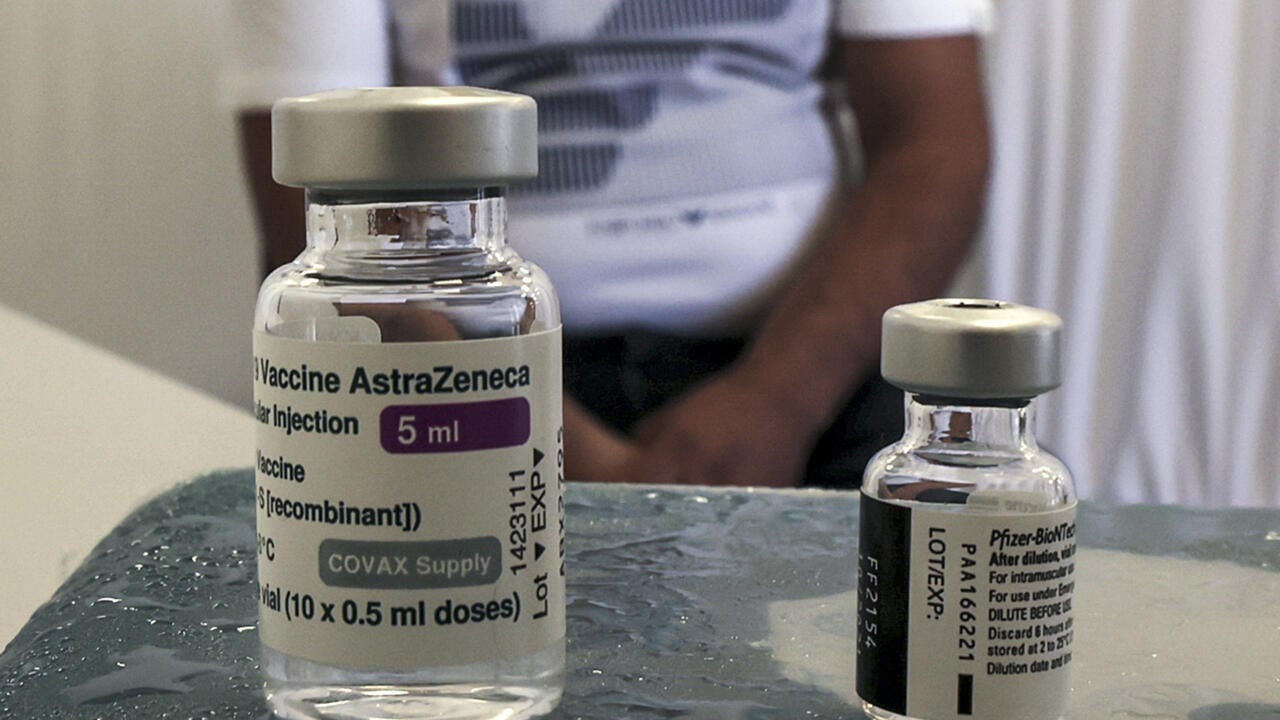Gavi warns Uganda over children missing vaccination

The Dean of School of Public Health, Prof Rhoda Wanyenze (left) and the Vice Chancellor of Makerere University, Prof Barnabas Nawangwe (right), help the Chief Executive Officer of Gavi, Mr Seth Berkley, to wear a gown at Makerere University yesterday. PHOTO | FRANK BAGUMA
What you need to know:
- Dr Seth Franklin Berkley, the Gavi boss, said missing the vaccine puts children at higher risks of dying or getting disability from preventable diseases.
The head of the Global Vaccine Alliance (Gavi) has asked the government to bolster its immunisation programme to address the rising number of children missing routine vaccines for polio and measles.
Dr Seth Franklin Berkley, the Gavi boss, said missing the vaccine puts children at higher risks of dying or getting disability from preventable diseases.
He made the remarks during a public lecture at Makerere University yesterday.
The lecture was attended by university officials, government scientists and the Health minister, Dr Jane Ruth Aceng.
“There are more than 130 million children born in 2021 [globally], but 25 million of these are under-immunised and 12.5 million zero-dose children, which is an increase from nine million [zero-dose] children,” Dr Berkley said.
Zero dose means the child has not received any vaccine, which is under the routine immunisation schedule while under-immunised means the child has not received all the doses.
Dr Berkley blamed challenges on the effects of Covid-19, which affected movement and access to medical care.
He said they have also been grappling with limitations in delivering vaccines to some places such as refugee settlements and areas facing insurgencies.
The Gavi boss also identified children in slums among those missing routine vaccines more than those in other settings. However, there have been issues of vaccine injuries and side effects, which were reported by Ugandans, and this affects vaccine acceptance.
Uganda has around 11 different types of vaccines that are administered to children up to nine months to prevent killer diseases such as polio, measles, rubella, whooping cough and tetanus.
However, government statistics for the 2016 National Immunisation Coverage Report, indicates that measles vaccine coverage was at 80 percent, meaning up to 20 percent had missed. The coverage of polio 3 vaccine was at 66 percent, while bacille Calmette-Guerin (BCG) vaccine (for tuberculosis) was highest at 96 percent.
Dr Aceng said they are increasing efforts to address the shortfall.
“Our goal right now is to reach the zero-dose children and the under-vaccinated. We are having challenges with communities that do not believe in vaccination and we have a large group in Iganga District,” she said.
“Also in areas where we have insecurity like Karamoja, vaccination coverage is low because our medics cannot get deep into communities,” she added.




